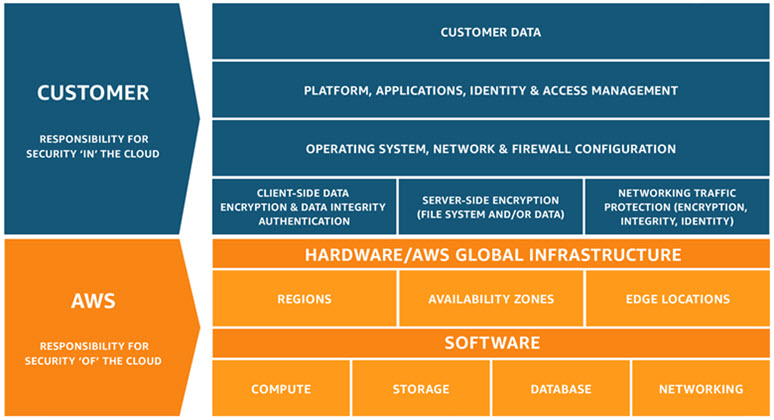Mexico Data Privacy
Overview
The Federal Law on Protection of Personal Data Held by Private Parties (LFPDPPP) was published in July 2010 and regulates the processing of personal data (defined as any information concerning an identified or identifiable natural person) carried out by individuals or legal entities of the private sector. Subsequently, the Congress of the Union approved various regulations that regulate data privacy, among which are the General Law on Protection of Personal Data Held by Obligated Parties (LGPDPPSO), which regulate the processing of personal data by the public sector. The National Institute of Transparency, Access to Information and Protection of Personal Data (INAI) is the autonomous constitutional body of Mexico in charge of ensuring compliance with both Laws and their regulations.
In the case of the private sector, article 52 of the LFPDPPP Regulation states that personal data controllers may use services, applications and infrastructure in the cloud as long as the cloud provider complies with certain requirements related to, among other things, the protection of privacy for personal data. For the public sector, this same authorization is found in article 63 of the LGPDPPSO.
AWS cares about your privacy and the security of your data. At AWS, security starts with our core infrastructure. Designed specifically for the cloud and to meet the world’s most stringent security requirements, our infrastructure is monitored 24/7 to ensure the confidentiality, integrity and availability of our customers’ data. The same world-renowned security experts who oversee this infrastructure also create and maintain our wide selection of innovative security services, which can help you meet your own security and regulatory demands. As an AWS customer, regardless of your size or location, you have all the benefits of our expertise, which is measured against the most stringent third-party security programs.
AWS implements and maintains technical and organizational security measures applicable to AWS Cloud Infrastructure services under globally recognized security certifications and regulatory frameworks, including but not limited to ISO 27001, ISO 27017, ISO 27018, PCI DSS Level 1 and SOC 1, 2 and 3. These technical and organizational security measures are validated by independent third-party assessors and are designed to prevent unauthorized access or disclosure of customer content.
For example, ISO 27018 is the first international code of practice that focuses on the protection of personal data in the cloud. It is based on the ISO 27002 information security standard and provides application guidelines on ISO 27002 controls applicable to Personally Identifiable Information (PII) processed by public cloud service providers. This demonstrates to customers that AWS has a system of controls specifically geared toward protecting the privacy of their content.
AWS's technical and organizational measures are consistent with the requirements of the LFPDPPP and the LGPDPPSO to protect personal data. Customers using AWS services maintain control over their content and are responsible for implementing additional security measures based on their specific needs, including content classification, encryption, access management and security credentials.
Since AWS does not have visibility into the type of content customers choose to store on AWS, including whether or not that content is considered subject to the LFPDPPP and the LGPDPPSO, customers are ultimately responsible for their own compliance. The content on this page supplements existing data privacy resources to help you align your requirements with the AWS Shared Responsibility Model when processing personal data in international data centers.

